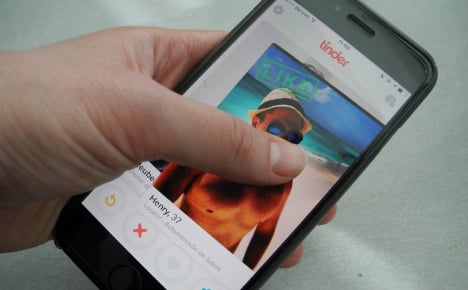New dating and mating possibilities presented by online networks and dating sites “are changing and facilitating the process of making contact. This has an effect on sexual behaviour,” the government report, which looks into ways of controlling the spread of STIs, concludes.
“The meaning of dating apps for the initiation of contact – and the consumption of party and sex drugs in groups of homosexual men – must be taken into consideration,” the report notes.
It also lists a sharp rise in the prevalence of STIs, including a doubling in syphilis infections between 2009 and 2014 to 5,700 cases nationwide.
In 2014 there were also 3,200 new cases of HIV, bringing the overall number to 84,000 in Germany.
“Almost three quarters of those who are HIV positive are men who engage in homosexual sex,” the report says.
In 2014 there were also 2,300 new cases of Hepatitis B and 5,800 cases of Hepatitis C.
The government also warned of increased danger from gonorrhoea and chlamydia infections, due to the fact that many strains of these diseases are becoming resistant to antibiotics.
“Everyone is vulnerable to being infected with a sexually transmitted disease. The number of sexual partners one has, as well as sexual orientation, sexual practices, psychological instability and social factors have an effect on the risk of infection,” the report notes.
Especially endangered are new groups of drug users who take crystal meth and speed.
“Through the consumption of these drugs sexual behaviour and attitudes to protection are influenced,” the report says.



 Please whitelist us to continue reading.
Please whitelist us to continue reading.
Member comments